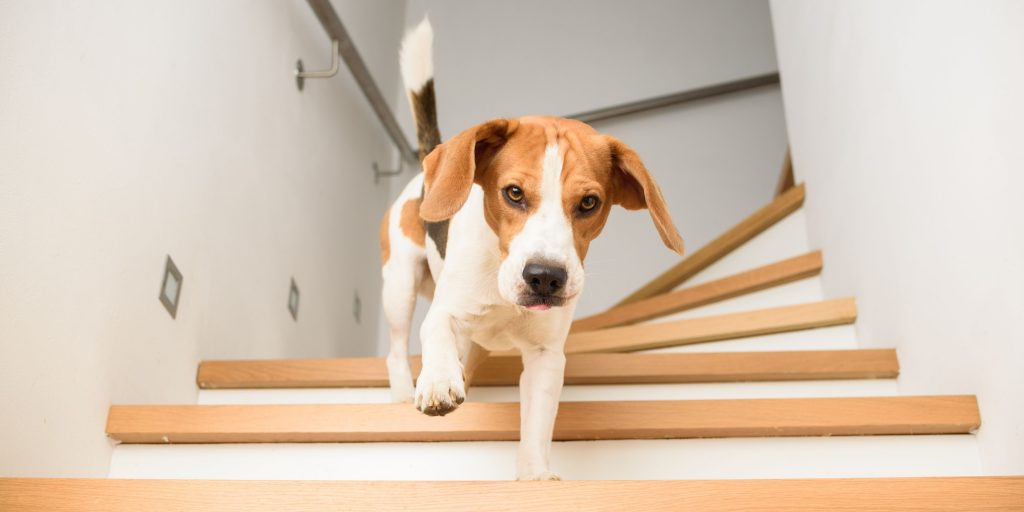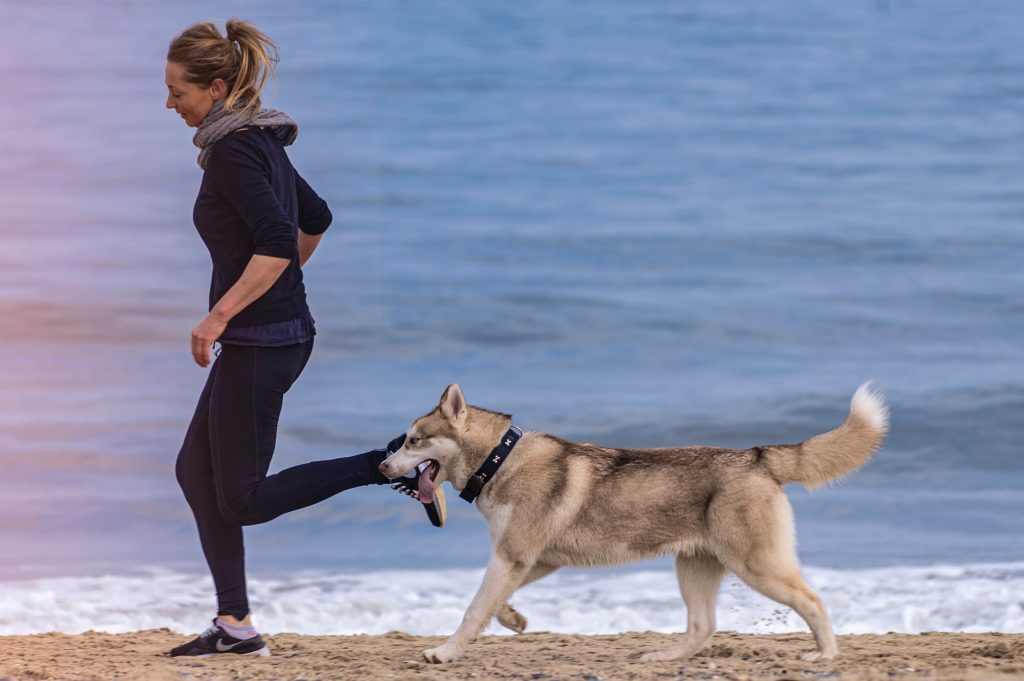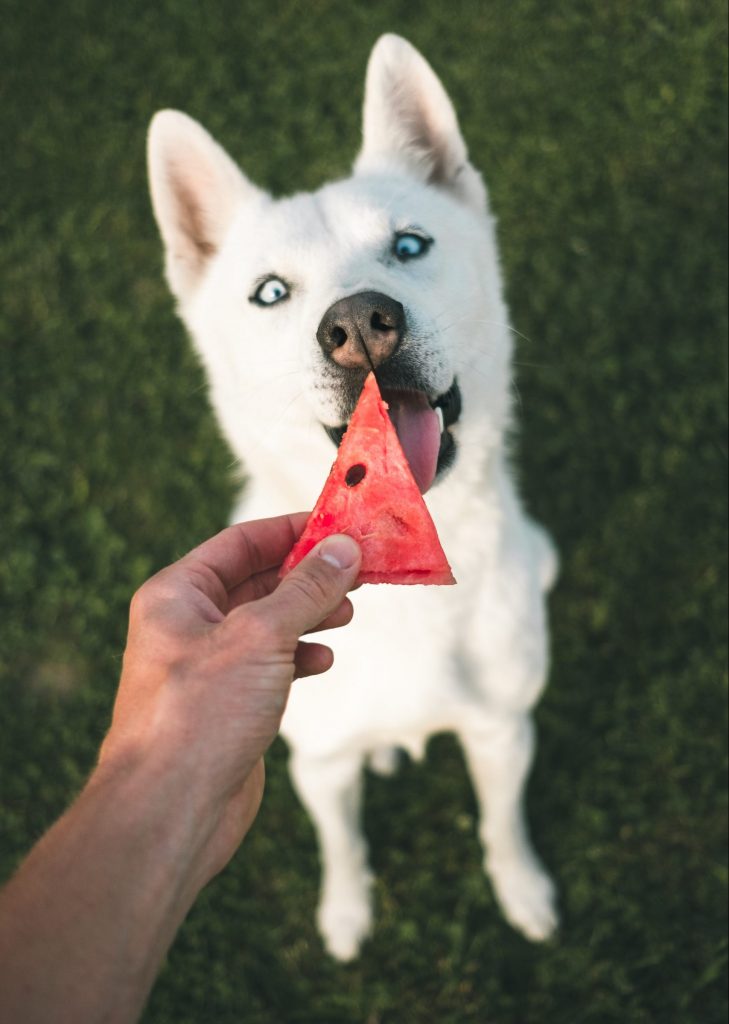The post aims to educate dog owners about the behavior of dogs when they hear doorbells and understand the underlying reasons behind their excitement. The post aims to provide practical tips and techniques to help dog owners manage their dog’s behavior when hearing the doorbell and prevent unwanted behavior such as excessive barking, jumping, or aggression.
As a dog owner, you may have noticed your furry friend gets excited when the doorbell rings. While it may seem harmless, this behavior can become problematic if it leads to excessive barking, jumping, and other unwanted behaviors. In this blog post, we will explore why doorbells excite dogs and provide tips on how to manage this behavior.
Why Do Doorbells Excite Dogs?
Dogs are naturally curious animals, and the sound of a doorbell can be intriguing to them. They associate the sound with new people entering their territory and may feel the need to investigate. Additionally, dogs are social animals and thrive on interaction with humans. The arrival of guests gives them an opportunity to receive attention, affection, and playtime.
However, doorbell excitement can also stem from anxiety or fear. Dogs may bark or jump out of fear or nervousness, especially if they have not been socialized properly. In some cases, dogs may have had negative experiences with strangers or visitors, causing them to feel anxious or scared.
How to Manage Doorbell Excitement
1. Train your dog to stay calm:
Training your dog to stay calm when the doorbell rings are the first step in managing this behavior. Begin by teaching your dog the “sit” and “stay” commands. When the doorbell rings, ask your dog to sit and stay in a designated spot. Reward your dog for calm behavior.
2. Socialize your dog:
Socializing your dog from a young age can help them feel more comfortable around strangers and visitors. Take your dog to dog parks, on walks, and to other social events to expose them to new people and situations.

3. Use positive reinforcement:
Positive reinforcement is an effective way to manage doorbell excitement. Reward your dog for calm behavior when the doorbell rings. Treats, toys, and praise can all be used as positive reinforcement.
4. Manage the environment:
Manage the environment to prevent unwanted behavior. If your dog is prone to barking or jumping, consider keeping them in a separate room when guests arrive. You can also use white noise or calming music to reduce anxiety.
Conclusion
Doorbell excitement is a common behavior in dogs, but it can be managed with proper training and socialization. By understanding why doorbells excite dogs and implementing the tips provided, you can help your furry friend stay calm and relaxed during visitors’ arrival.
If you need further assistance, don’t hesitate to chat with us on our website. Our team of experts is always ready to assist you in managing your dog’s behavior.

Frequently Asked Questions:
Why do dogs get so excited when someone rings the doorbell?
Dogs often associate the sound of the doorbell with visitors or attention, which can trigger excitement and anticipation. Additionally, the sound itself may be inherently stimulating to some dogs.
How can I train my dog not to bark or jump up when the doorbell rings?
There are a few different training techniques that can be used to manage a dog’s excitement around the doorbell. These may include desensitization to the sound, teaching an alternative behavior (such as going to a designated spot), or using positive reinforcement to reward calm behavior.
Are there any tools or products that can help manage a dog’s doorbell excitement?
Yes, there are a variety of tools that may be helpful in managing a dog’s behavior around the doorbell. These can include treats, puzzle toys, calming supplements, training aids such as clickers or whistles, and even specialized devices like doorbell covers or training mats.
What should I do if my dog’s doorbell excitement seems excessive or unmanageable?
If your dog’s behavior around the doorbell is causing problems or seems out of control, it may be helpful to consult with a professional dog trainer or behaviorist. They can assess your dog’s behavior and provide personalized recommendations for managing the issue. Additionally, if your dog’s excitement seems to be driven by anxiety or fear, your vet may be able to provide medication or other treatments to help them feel more comfortable.



